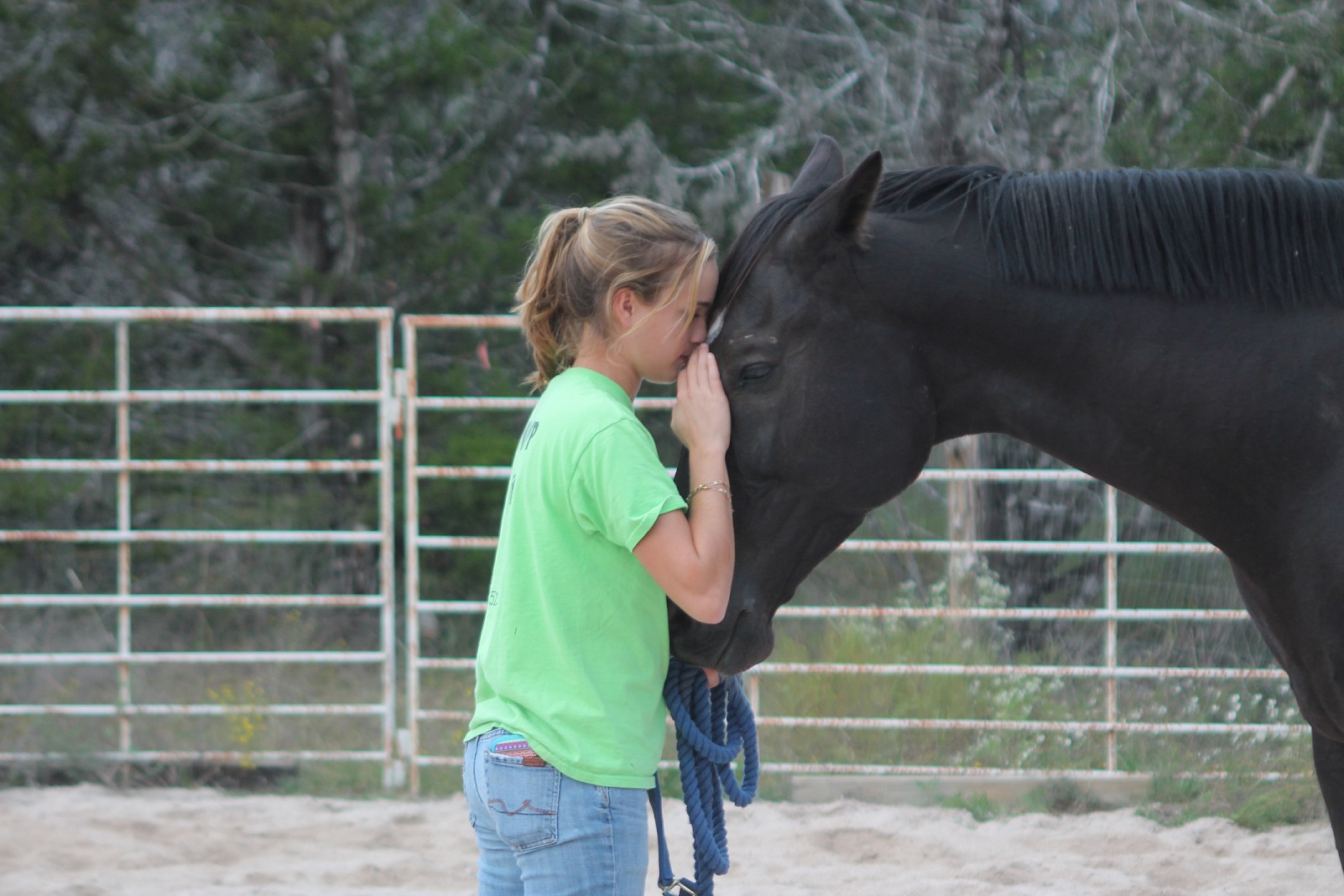Trauma and Healing
Trauma
Essentially when “bad” things (car accident, hospitalization, unexpected death, divorce, war, abuse) happen our brains and nervous systems react – fight, flight or freeze. Cortisol and adrenaline flow to provide stamina to survive the stressful situation, enable us to run away or go into a state of disassociation. We actually need our brains to do this in order to keep us alive and safe. However, there are times when the human brain has to adapt to repeated perceived or real threats to our lives and/or well-being and in order to keep us “safe”, we develop maladaptive, or unhealthy, coping mechanisms. These include disassociation (checking out), quietly meeting everyone’s needs (staying under the radar), aggression (anger, rage), or inappropriate overreaction (fear/flight) and can damage relationships.
In addition, repeated threats and traumas cause a loss in the ability to appropriately react to certain stimulus, (sounds, smells, people, situations, emotions) and “triggers” develop that set into motion actions and out of control emotions. These triggers cause inappropriate and uncontrolled reactions to perceived and real threats and damage relationships, affect the ability to work and affect quality of life. These include dysregulation in terms of emotional outbursts and an inability to control emotions and thoughts, disassociation, nightmares/flashbacks and repeated unhealthy behaviors that numb us to experiencing sadness, loss, anger, fear and helplessness (drinking, drugs, self-harm, promiscuity etc.).
At the time we are experiencing trauma or stress, these reactions may be appropriate, but over time without intervention, they can inhibit and even ambush our ability to create sustained healthy connected relationships and keep our nervous systems in a constant fight/flight/freeze hyper-vigilant state. These old and well-used coping mechanisms, often from past relationships or events, become default mechanisms and without even realizing what is happening, the subconscious mind takes over and moves the mind and body into a space that changes the ability to openly and honestly interact with others. This can cause us to struggle with creating and sustaining relationships with our peers, partners, children and even strangers and hold down a job or sleep. Often depression and a feeling of isolation, helplessness, hopelessness and being “stuck” develop and seem insurmountable. In situations where abuse continues, clients tend to notice panic attacks, loss of memory, increased heart rate and blood pressure, insomnia, stomach pain and headaches.
Healing
The good news is that the brain is incredibly malleable. It can heal and learn better coping mechanisms and learn appropriate responses to stimulus. With help from a qualified licensed therapist, the brain of the client can create new nuero-pathways that lead to healthier and more appropriate responses to stimulus in our environment, aid in creating and sustaining healthy relationships, re-connect to intuition and creativity and even develop the ability to allow our nervous systems to rest and relax. This re-connection to self has been described as a light coming on and a sense of weight being lifted. The symptoms of anxiety and depression gradually lessen and eventually can disappear altogether.
The ability to live in the moment, recognize when triggers are causing a physical sensation and emotional reaction, then learning regulation, is vital to creating those new pathways. The horses are necessary for this process because they instantly react to humans living in the moment, being authentic and recognizing current emotion. Emotions do not cause them to fear or reject us. It is when emotions are ignored or pushed aside, while pretending to be okay, that we do not feel safe to them and they will ignore or resist our requests to interact (similar to a wolf in sheep’s clothing).
Emotions and feelings are part of the makeup of the human nervous system, and so learning how to recognize what these sensations are communicating, is a skill that humans must have in order to learn the ability to self-regulate and appropriately respond to the stimulus. Slowing down and recognizing what is happening is the first step, responding if needed, and then going back to a state of calm is the goal. Without achieving this state of calm it is almost impossible to relationally connect to other humans, think clearly and make decisions.
Trauma-Informed Psychotherapy
“Natural Lifemanship™ Trauma-Focused Equine Assisted Psychotherapy (TF-EAP) is an innovative trauma-specific intervention. It is a specialized and highly effective mental health treatment model based on our extensive knowledge and experience in horse psychology combined with our clinical expertise and years of counseling individuals and families impacted by complex trauma. There are profound parallels between the brain functioning of horses and of humans who live in a state of alarm. Our therapy model is based on these parallels and emphasizes principles that have proven effective in promoting cortical engagement in horses, allowing the horse to become less reactive and more responsive to requests from its human partner. Likewise, mental health practitioners trained in NL are able to effect similar results with their human clients.” – From Natural Lifemanship
